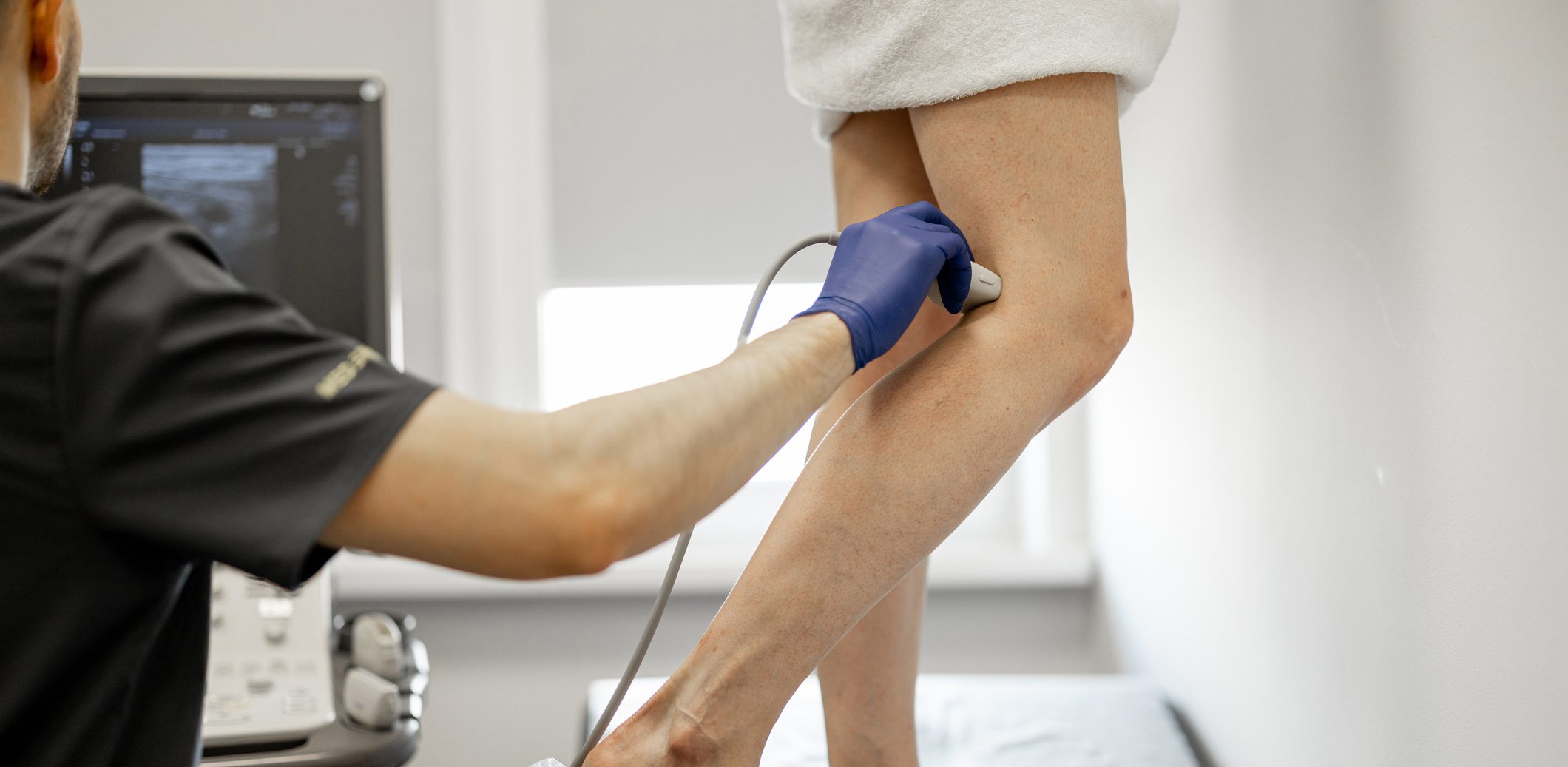Injection fatigue and needle aversion are among the underestimated barriers in the treatment of patients with relapsing-remitting multiple sclerosis (RRMS). Current real-world analyses show a significantly lower persistence of injectable basic therapies compared to oral forms of treatment. At the same time, a prospective cohort study shows that psychological barriers such as fear of injections are an independent determinant of missed doses. Against this background, early identification of corresponding risk patients and consideration of oral treatment alternatives is essential to ensure long-term treatment adherence and thus treatment success.
Autoren
- Tanja Schliebe
Publikation
- InFo NEUROLOGIE & PSYCHIATRIE
Related Topics
You May Also Like
- Findings from research on the generalization of exposure therapy
Treatment of comorbid anxiety
- Symptom-free despite asthma?
Asthma treatment requirements have increased
- Phytotherapy for rhinosinusitis
Evidence, active substances and clinical classification for medical practice
- Contact eczema
Causes and prevention at work
- Pulmonary hypertension
PH and lung diseases
- Respiratory infections: viral bronchitis or bacterial pneumonia?
Old crucial question in the light of current findings
- What biomarkers reveal about "biological youth" - and what not (yet)
Epigenetic ageing
- Amyotrophic lateral sclerosis and nutrition











